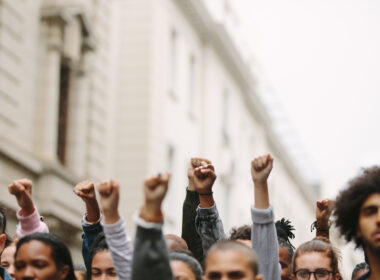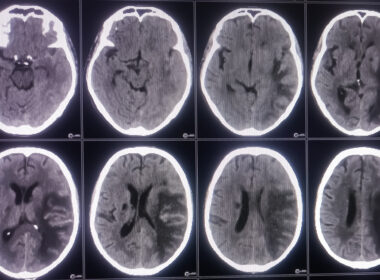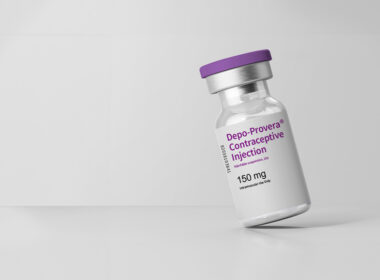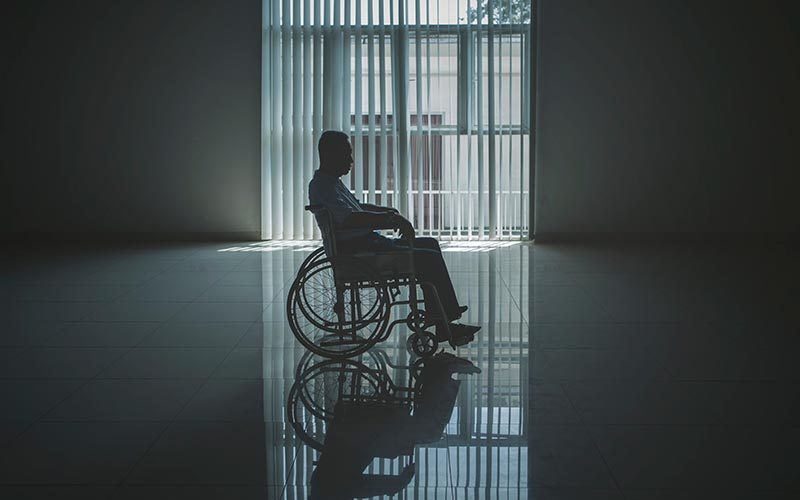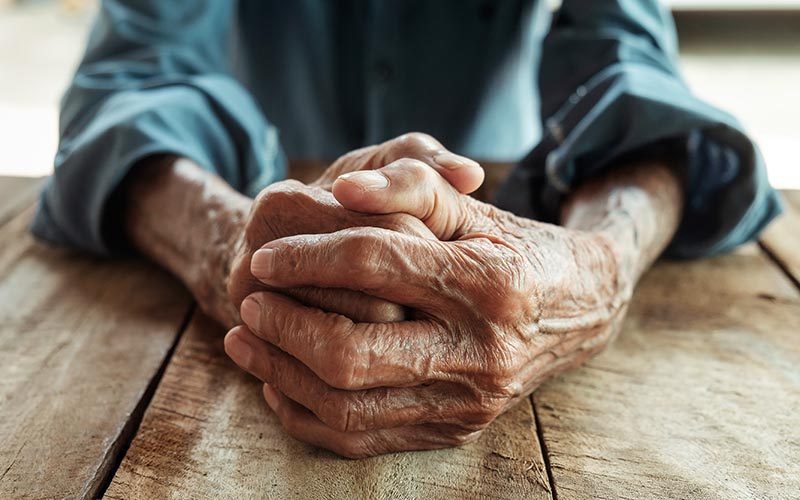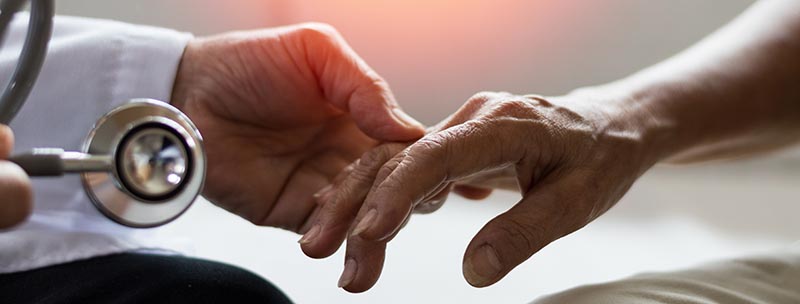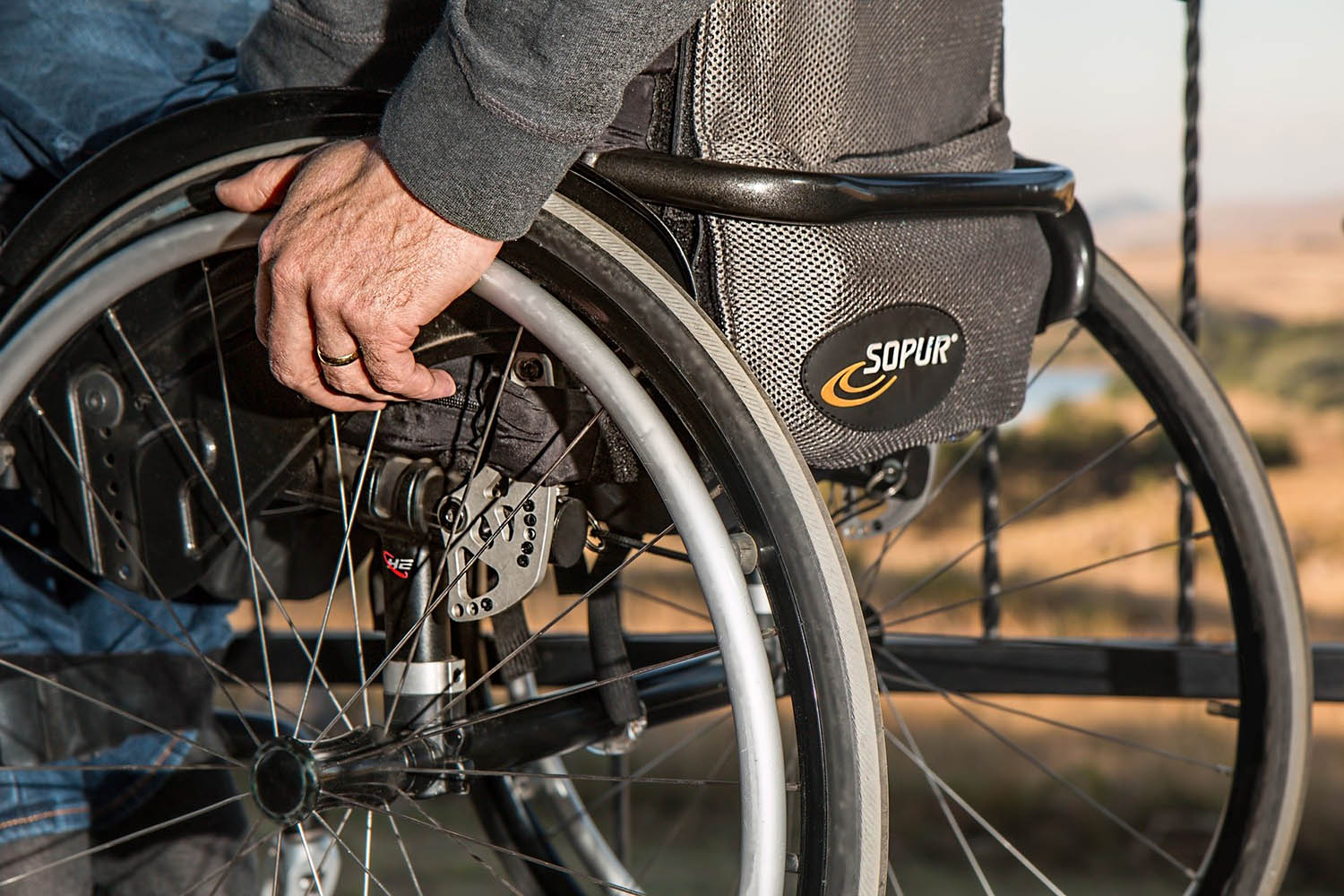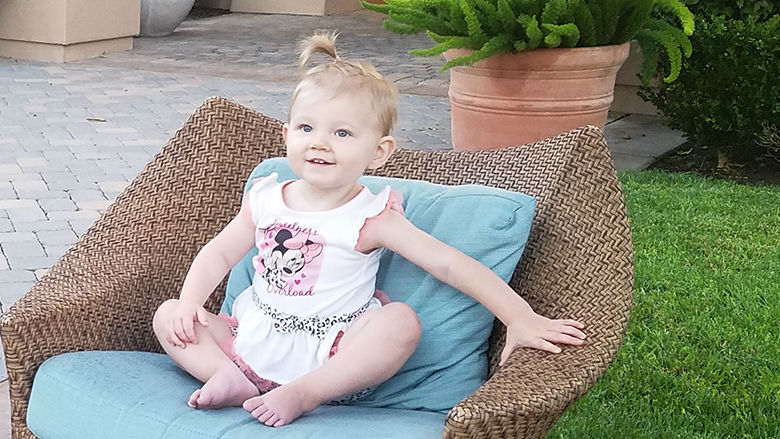
What is the definition of physical abuse? Physical abuse, as regards elderly care in nursing homes, are the actions or inactions of a caregiver which harms the older adult. The abuse, whether intentional or by mistake, may cause them pain, injury, and impairment.
Abuse may or may not only involve bodily contact. The severity of the situation varies with each case. Worst cases of physical abuse may result in the resident’s death, especially if they sustained serious untreated injuries. Read on to learn more.
See Also: Cast Study: the Elderly and Medical Malpractice
Types of Physical Abuse in Nursing Homes
Any action that injures the body is physical abuse!
The three types of physical abuse are:
- Active Abuse
Active abuse is the deadliest form of nursing home abuse as home staff can easily inflict bodily injury on a resident.
This type of abuse occurs when older adults suffer a direct impact on their bodies. The physical signs involves:
●Hitting
●Biting
●Scratching
●Burning
●Kicking
●Pushing or shoving
●Choking or strangling
●Throwing things at a resident
●Harming with objects
●Covering their mouth or nose with your hand
●Forcing them to open their mouth
●Coerced care, feeding, or changing
See Also: The World Needs To Advocate For Nursing Home Patients. Here’s Why?
- Passive Abuse
This abuse involves emotional abuse, or any action taken to deprive a resident of [necessary] everyday items. Caregivers can also abuse seniors if they refuse to give them medicine, food, proper clothing, and clean surroundings.
These actions sound like neglect, but they aren’t,
Passive abuse doesn’t necessarily come with violence:
- Pain can come in the form of hunger pangs.
- Cold can cause discomfort.
- Heat can cause an itchy rash.
- A surrounding littered with broken bottles, dirt, and trash may injure a resident.
Other examples of passive abuse include, but aren’t limited to:
- Force-feeding or starving residents.
- Giving residents unprescribed medications or overdoses.
- Collecting items like eyeglasses and canes that can ease movement.
- Unintentional abuse from lack of experience.
- Sexual Abuse
Unlike other forms of harassment, it’s hard to classify sexual abuse as a form of physical abuse. But the health risks have the bearings of physical maltreatment.
Here’s Ashley’s story:
“He removed my hearing aid to confuse me and hit me repeatedly… it hurts that I could not protect myself.”
If rape can cause bruises and pain, why is there a debate on sexual abuse being physical? I’ll leave you to make that decision.
Since we’ve unmasked the subtle actions that define physical abuse, identifying and preventing mistreatment will become easier.
Indeed, knowledge is power!
Causes of Physical Abuse in Nursing Homes
A recent study confirmed that physical abuse is the second most common type (about 14%). Another report says that women suffer abuse the most in comparison to man.
Let’s take a look at the possible reasons why residents are victims of violence.
Patients with dementia, Alzheimer’s, or any ailment that causes reduced memory function are easy targets for abusers. Maybe because the abuser believes they can get away with it—the resident can neither resist nor remember the incident in detail.
Old folks are also susceptible to abuse because:
●They can’t defend themselves.
●They suffer from chronic diseases that limit their physical and cognitive function.
●They must depend on others for help—food, clothing, shelter, hygiene, and medication.
●They’re scared into thinking that reporting will worsen abuse.
●They might think the abuse is their fault. A resident might be made to think he’s getting bad treatment because of his condition.
Usually, older people don’t know who to talk to about abuse or which authorities can help. So they bottle up the incident and just suffer, shamed into silence.
See Also: Everything You Need to Know About Mental Health Misdiagnosis
WHY IS PHYSICAL ABUSE SO RAMPANT IN AGED HOMES?
It’s unreasonable to treat older adults like dirt to the extent of harming them. Why deprive seniors of the love and care they deserve.
Well, people get tired. That’s understandable. Overstaffing is a real issue in any establishment but isn’t an excuse to treat aged people like trash.
Other causes of nursing home physical abuse include:
- Social isolation by family members.
- Senior citizens find it hard to report.
- Bad working conditions.
- The caregiver is involved in drug use or abuse like drinking alcohol.
- Poor staff training.
- The caregiver has a history of abuse as a child or adult.
- Low staff wages.
- Destructive mindset towards older adults.
- Caregivers may restrain or retaliate when attacked by aggressive residents.
As a relation, you must make inquiries before placing your old folks in a nursing home. Take your time. No amount of compensation will bring back the dead.
Signs of Physical Abuse
Luckily, physical abuse is the most noticeable, unlike other forms of abuse. However, minor forms like forceful feeding can go unnoticed without a medical exam.
More obvious signs suffered by victims of physical abuse are:
- Cuts
- Burns
- Dislocations
- Unexplained marks and bruises
- Fractures
- Abrasions
- Broken or damaged equipment or support systems such as hearing aids, eyeglass, staff, wheelchairs, etc.
- Hair or tooth loss
- Black or swollen eyes
- Unexplained illness
- Torn or bloody clothes
Psychological indicators of physical abuse also signify that a senior has experienced physical abuse:
- Pain
- Injury
- Anxiety
- Fear
- Insomnia or sleep loss
- Self-isolation
- Rocking back and forth
- Depression
- Resident looks distant
- Frequent crying
- Sulking or talking to themselves
- Being uncomfortable
Physically abused residents can also become too compliant and can’t decide on their care. That way, they forgo their elderly right to good health care for fear of being hurt.
If a caregiver is taking good care of your loved one, not even one of these psychological signs should be present. Don’t wait till the symptoms become severe. Immediately you see a sign, no matter how minor, please reach out for help.
See Also: The Complete Guide to New York Medical Misdiagnosis Lawyers
Effects of Physical Abuse
Older people, like children, are frail, and because they have tender skin, they’re prone to bruises and scars. Nursing homes should do their best to give them quality care.
Elderly physical abuse can affect the physical and mental health of a resident, causing:
- High blood pressure
- Recurring or worsened illnesses
- PTSD (Post-Traumatic Stress Disorder)
- Nightmares
- Reliving the incidents and having flashbacks
- Moodiness or sadness
- Aches and pains
- Loneliness
- Sleep disorder
- Headaches
- Shame
- Depression
- The resident may become suicidal
An older person suffering from physical abuse can break down emotionally; dealing with something like that isn’t easy. Imagine someone you trusted to care for you decides to scar you instead.
No one can be prepared for such emotional betrayal.
Prevention of Physical Abuse and Sexual Abuse in Nursing Homes
We’ll consider preventive measures from four perspectives:
- Nursing Homes
Nursing homes should employ the following practices to provide the best, deserved care to older people.
- Recruiters should run a background check on potential employees before hiring. There should be a basic check for criminal records, at least.
- Hire qualified staff skilled in geriatrics (care of the elderly).
- Train staff on the elderly care, their therapy, and how to deal with various health issues. Money spent should be seen as an investment instead of an expense.
- Provide an ideal work environment for staff and optimal living conditions for residents.
- Flexible work hours and good staff welfare packages.
- Install top-notch monitoring systems.
- Physically abusive caregivers should be disciplined.
See Also: Major Causes of Misdiagnosis
- Nursing Staff or Caregivers
Caregivers, on the other hand, need to:
- Engage relatives to know the likes and dislikes of a resident and how best to take care of them.
- Acquire good communication and relationship skills.
- Avoid taking drugs and antidepressants.
- Cooperate among themselves so they can help carry out their duties.
- Understand each resident and build a relationship between them.
For example, some residents may want to sleep longer. Others may prefer to have breakfast in bed.
A good caregiver will try to find out what works for each resident.
- Relations of the Elderly
If your loved one is in a nursing home, you must:
- Call and visit the nursing home often so they have someone they can trust.
- When you visit your old folks, take time to bond. Don’t just breeze in and breeze out.
- Be informed of the rights your loved one is entitled to as a resident.
- While visiting, look out for scars, especially on the wrists, legs, and face. They may be indicators of physical abuse.
- The General Public
Everyone must show concern for ending elderly abuse. Your loved one doesn’t have to be in a nursing home before you care about senior citizens.
You can:
- Educate yourself and those around you on elderly rights.
- Advocate for elderly rights by word-of-mouth, social media activism, NGO support, and donations.
- Report suspected incidents of physical abuse to the proper authorities.
- Volunteer to help out at a nursing home when you can.
- Government can fund research, educate the public, and also fight against elder abuse in nursing homes.
Frequent visits from NGOs, government health officials, volunteers, and social workers will also go a long way to preventing physical abuse.
Which preventive measure are you planning to take so elder abuse can become a thing of the past? Let us know in the comments section.
Can you Sue for Elderly or Child Physical Abuse
The answer is yes! It’s possible to file a lawsuit against a nursing home and win, if your family member experience physical abuse. But you’ll need the best hand(s) for the job.
It’s high time we kicked against physical abuse against the elderly. We [you and our team of skilled abuse attorneys] can get back at abusers on legal grounds.
When you get the news of a loved one suffering from abuse, it’s okay to get angry, embarrassed, and disappointed. But don’t feel frustrated; the next step is to get justice.
Since the American Bar Association (ABA) says, it’s okay to help a loved one file a lawsuit. Reach out to us for a FREE legal review.
If you can supply evidence, get a trusted friend, relative, or neighbor to reach out to us at JustPoint and get your financial compensation in motion. (The earlier you file a lawsuit, the better.)
Call 911 if the case needs urgent attention. But if less threatening, reach out to:
- Adult Protective Services (APS) 1-202-307-6397
- National Center on Elder Abuse (NCEA) 1-855-500-3537
- JustPoint (347) 560-4064
HOW CAN A LAWSUIT HELP?
A report on NCBI’s website claims that the supposedly scary numbers of abuse cases are rough estimates of reported cases, and there’s a possibility that there are more unreported cases.
Lawsuits instill a sense of trust in the judicial system and give the abused emotional relief. You also get financial relief in compensation worth thousands of dollars.
You also get help with:
- Changing nursing homes or the caregiver.
- Bills
- Counseling
- Therapy sessions
- Medications
- And overall well-being
The above expenses require money, and the compensation can help you sort things out.
Note: The amount of money from a lawsuit depends on the severity of your case.
See Also: What You Need To Know Before Suing A Nursing Home For Negligence
How can Justpoint Help
Although no matter of compensation will bring back a loved one, Justpoint will bring abused cases to light and get justice for victims. This way, you protect someone else from abuse, at least from the same person.
Justpoint will match you with an experienced attorney conversant with the requirements of your case. Please note that we’re not profit-oriented; instead, we’re focused on engineering a social change to build a trustworthy legal litigation system.
Did you, or a loved one, suffer from nursing home abuse? We can help you get justice. Visit our website to tell us what happened.
Conclusion
While it’s easy to define physical abuse in nursing homes, the most crucial part is not just knowing a definition but being able to recognize and deal with this physical abuse using the definition.
We hope the information in this article will help you rescue more Steves and Tobys from the horrors of abuse.
Reach out to us today to get a free consultation. You can rely on our medical malpractice attorneys to help you get the justice you deserve. Speak up now!


